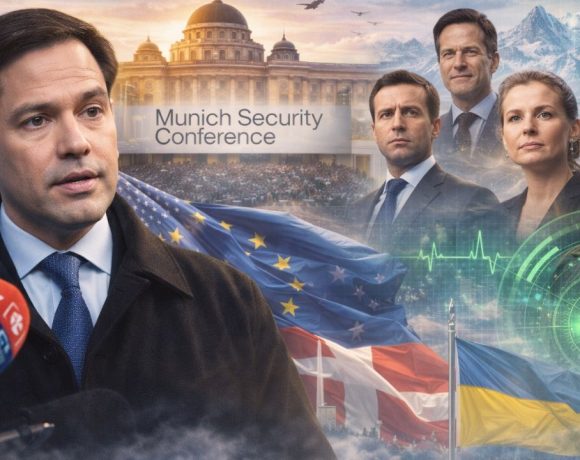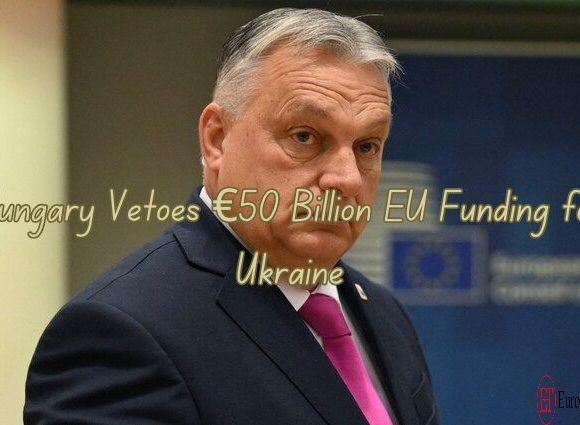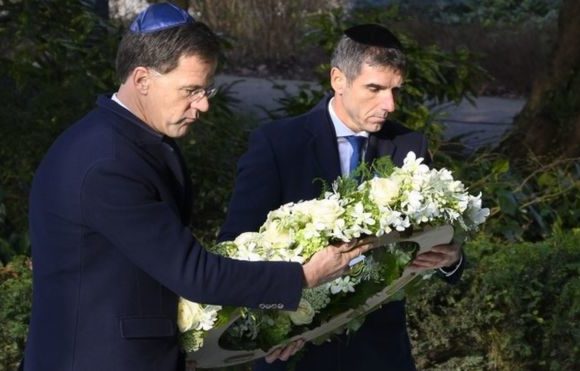
U.S. Secretary of State Marco Rubio has described a “defining moment” in global affairs as he arrived in Europe to lead the American delegation at the Munich Security Conference. His visit comes amid heightened transatlantic tensions following President Donald Trump’s renewed remarks about annexing Greenland. Rubio said the world was entering a “new era in geopolitics” that would require allies to reassess their roles and priorities within the evolving international order.
European leaders have responded with a mix of caution and resolve. Emmanuel Macron has urged Europe to prepare for greater strategic independence from the U.S., while NATO Secretary General Mark Rutte stressed that transatlantic ties remain vital. Danish Prime Minister Mette Frederiksen said she would meet Rubio to address U.S. comments regarding Greenland, as concerns grow over Washington’s long-term commitment to NATO and European security.
The conference agenda includes the war in Ukraine, tensions with China and prospects for a renewed U.S.-Iran nuclear deal. Ukraine’s President Volodymyr Zelensky said the gathering could yield “new steps” for shared European security. Meanwhile, German and British leaders, including Chancellor Friedrich Merz and Prime Minister Sir Keir Starmer, are expected to hold key discussions on defence spending and alliance cohesion, as policymakers navigate shifting geopolitical dynamics.
Pic courtesy: google/ images are subject to copyright


